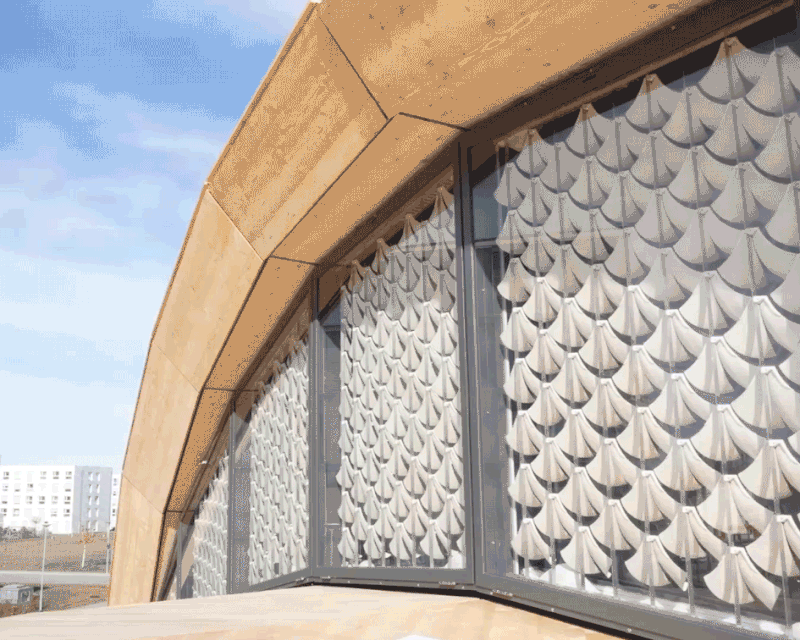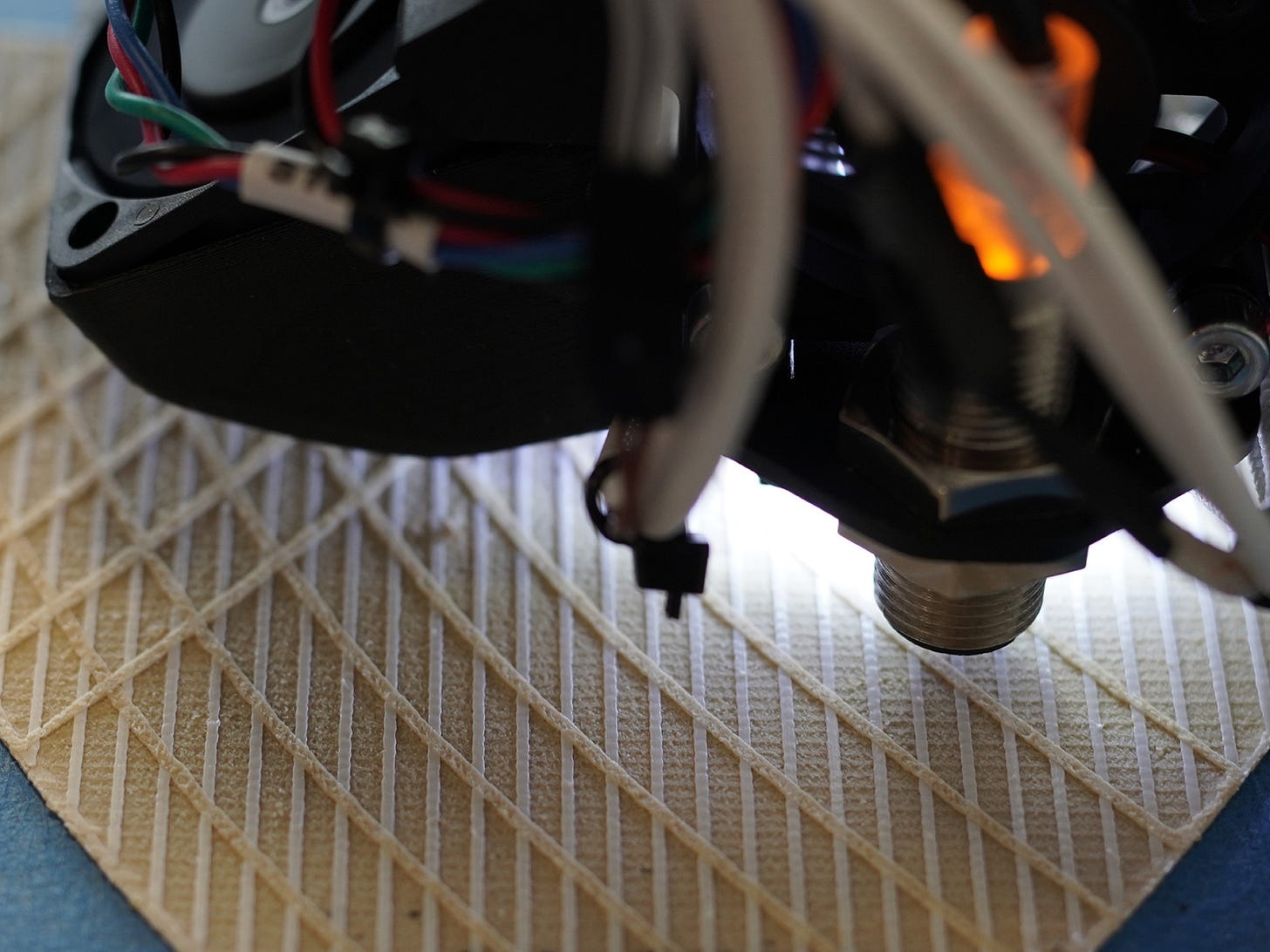Programmable Materials and Passive Motion: Tiffany Cheng on Bioinspired 4D Printing
CDFAM Amsterdam Speaker Interview
Too many conversations around “4D printing” tend to fall flat—overpromising dynamic behavior, but delivering little more than flexible hinges or coiled springs that can only be actuated by an external force.
This is not the future of programable matter we signed up for….
Tiffany Cheng’s work stands out as a rigorous and materially-driven example of what 4D printing can actually achieve.
Now an Assistant Professor at Cornell University, Cheng previously led the Material Programming group at the Institute for Computational Design and Construction (ICD) in Stuttgart. Her work brings together computational fabrication, materials science, and biological precedent to develop truly adaptive systems—structures that change shape with the weather, without sensors, motors, or external energy.
In this interview ahead of her presentation at CDFAM Amsterdam 2025, Cheng shares her team’s development of a cellulosic, biobased facade system that passively opens and closes in response to humidity and temperature. The project, called Solar Gate, has already been installed and validated under real-world weather conditions in Freiburg, Germany.
“We program shape change into the material itself—no sensors, no motors, no energy input.”
The system draws from hygromorphic principles found in pine cones, using custom anisotropic filament blends printed in bilayers to generate controlled, programmable deformation. The approach combines weather simulation, mesoscale structuring, and material testing—resulting in architectural components that function more like living tissues than traditional static assemblies.
“This is not a speculative concept—it’s a real facade, built, tested, and responding autonomously to its environment.”
Cheng’s work repositions architectural fabrication as a form of environmental choreography—where material and climate interact directly, without mechanical mediation. The full interview dives into the technical, ecological, and cross-disciplinary aspects of this research.
Read the full interview with Tiffany to learn more about her work.
📍Want to see more?
Join us at CDFAM Amsterdam 2025, July 9–10, to hear from Tiffany Cheng and a global lineup of speakers exploring the future of computational design, sustainability, and advanced manufacturing.
Register to attend, Space is limited






